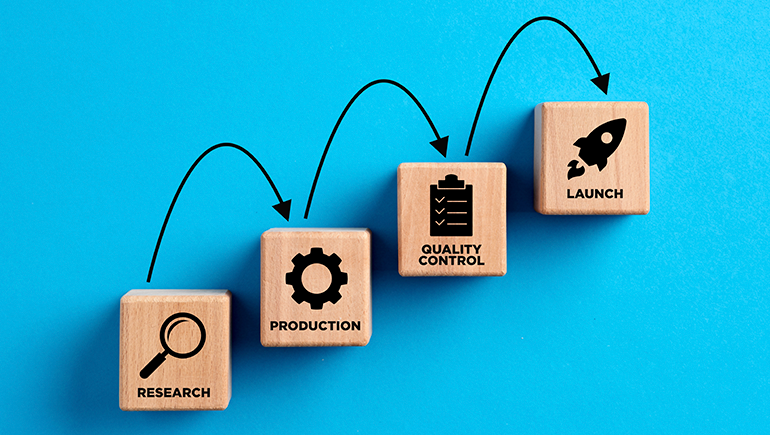
Scaling Up from MVP: Strategies for Long-Term Growth
By Alejandro Fuentes on Tuesday, October 24, 2023
Understanding MVP and Its Limitations
MVP, or Minimum Viable Product, is a product with just enough features to satisfy early customers and provide feedback for future product development. While MVP is a great way to test the market and identify key metrics for scalability, it also has its limitations. One of the biggest limitations is that MVP is not a long-term solution. It is only meant to be a starting point for product development and should be improved upon to meet the needs of customers in the long run. Additionally, MVP may not be suitable for all types of products or markets. It is important to assess the market and determine if MVP is the right strategy for your product.
Identifying Key Metrics for Scalability
These metrics will help you understand how your business is performing and what areas need improvement. Some of the key metrics to consider include customer acquisition cost, customer lifetime value, churn rate, and revenue growth. By tracking these metrics, you can identify areas where you need to focus your efforts, such as improving your marketing strategy or enhancing your product offering. You can also use these metrics to measure the success of your scalability efforts over time. By staying focused on these key metrics, you can ensure that your business is on the right track for long-term growth and success.
Building a Scalable Infrastructure
As your business expands, it is important to have a solid foundation that can support the increased demand. This includes investing in the right technology, such as cloud computing and automation tools, to ensure that your systems can handle the influx of traffic and data. It also means having a team in place that can manage and maintain these systems, as well as adapt to changing market conditions. With the right tools and team in place, you can confidently take your business to the next level and achieve the success you’ve been working towards.
Team Building and Talent Acquisition
As a company grows, it is essential to have a team that is aligned with the company’s vision and values. Hiring the right people is key to building a strong team. It is important to identify the skills and experience needed to take the company to the next level and to find candidates who possess those qualities. Building a culture of collaboration and trust is also important for team building. As the company grows, it will face new challenges, and having a team that can work together to overcome those challenges is essential. In addition, talent acquisition should be an ongoing process, with a focus on attracting and retaining top talent. By investing in team building and talent acquisition, companies can create a strong foundation for long-term growth.
Partnerships and Collaborations
Partnerships and collaborations are essential strategies for long-term growth, especially for startups looking to scale up from MVP. These collaborations can help businesses leverage the expertise, resources, and networks of other companies to achieve their growth objectives. By partnering with established nearshore companies or complementary businesses, startups can tap into new markets, access new customers, and enhance their product offerings. Successful collaborations can also help businesses overcome legal and compliance challenges, and expand into international markets. By working together, companies can achieve greater success and impact than they could on their own.
International Expansion Strategies
When it comes to long-term growth, international expansion can be a game-changer. Factors such as cultural differences, legal and compliance challenges, and market saturation must be taken into account. Once you’ve identified the right nearshore partner, building a scalable infrastructure and assembling a talented team are key to success. Partnerships and collaborations can be valuable assets in navigating new territories. Many successful companies have leveraged this strategy to achieve exponential growth.
Case Studies: Successful Scale-Ups
Case studies of successful scale-ups can provide valuable insights into the strategies that have worked for other companies. One such example is Airbnb, which started as a simple platform for renting air mattresses in a San Francisco apartment. Through strategic partnerships and a focus on user experience, the company has grown to become a global leader in the hospitality industry. Another example is Slack, which began as an internal communication tool for a gaming company before expanding to serve businesses of all sizes. By focusing on simplicity and ease of use, Slack has become a go-to tool for teams around the world. These success stories demonstrate the importance of identifying key metrics for scalability, building a scalable infrastructure, and assembling a talented team.
By following these strategies and learning from the experiences of other successful scale-ups, companies can position themselves for long-term growth and success.


